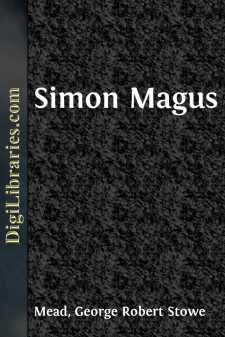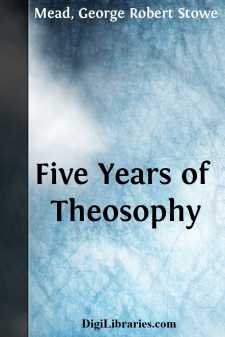Categories
- Antiques & Collectibles 13
- Architecture 36
- Art 48
- Bibles 22
- Biography & Autobiography 815
- Body, Mind & Spirit 144
- Business & Economics 28
- Children's Books 18
- Children's Fiction 14
- Computers 4
- Cooking 94
- Crafts & Hobbies 4
- Drama 346
- Education 58
- Family & Relationships 59
- Fiction 11835
- Games 19
- Gardening 17
- Health & Fitness 34
- History 1378
- House & Home 1
- Humor 147
- Juvenile Fiction 1873
- Juvenile Nonfiction 202
- Language Arts & Disciplines 89
- Law 16
- Literary Collections 686
- Literary Criticism 179
- Mathematics 13
- Medical 41
- Music 40
- Nature 180
- Non-Classifiable 1768
- Performing Arts 7
- Periodicals 1453
- Philosophy 65
- Photography 2
- Poetry 896
- Political Science 203
- Psychology 44
- Reference 154
- Religion 515
- Science 126
- Self-Help 85
- Social Science 83
- Sports & Recreation 34
- Study Aids 3
- Technology & Engineering 60
- Transportation 23
- Travel 463
- True Crime 29
Our website is made possible by displaying online advertisements to our visitors.
Please consider supporting us by disabling your ad blocker.
Simon Magus
Description:
Excerpt
INTRODUCTION.
Everybody in Christendom has heard of Simon, the magician, and how Peter, the apostle, rebuked him, as told in the narrative of the Acts of the Apostles. Many also have heard the legend of how at Rome this wicked sorcerer endeavoured to fly by aid of the demons, and how Peter caused him to fall headlong and thus miserably perish. And so most think that there is an end of the matter, and either cast their mite of pity or contempt at the memory of Simon, or laugh at the whole matter as the invention of superstition or the imagination of religious fanaticism, according as their respective beliefs may be in orthodoxy or materialism. This for the general. Students of theology and church history, on the other hand, have had a more difficult task set them in comparing and arranging the materials they have at their disposal, as found in the patristic writings and legendary records; and various theories have been put forward, not the least astonishing being the supposition that Simon was an alias for Paul, and that the Simon and Peter in the accounts of the fathers and in the narrative of the legends were simply concrete symbols to represent the two sides of the Pauline and Petrine controversies.
The first reason why I have ventured on this present enquiry is that Simon Magus is invariably mentioned by the heresiologists as the founder of the first heresy of the commonly-accepted Christian era, and is believed by them to have been the originator of those systems of religio-philosophy and theosophy which are now somewhat inaccurately classed together under the heading of Gnosticism. And though this assumption of the patristic heresiologists is entirely incorrect, as may be proved from their own works, it is nevertheless true that Simonianism is the first system that, as far as our present records go, came into conflict with what has been regarded as the orthodox stream of Christianity. A second reason is that I believe that Simon has been grossly misrepresented, and entirely misunderstood, by his orthodox opponents, whoever they were, in the first place, and also, in the second place, by those who have ignorantly and without enquiry copied from them. But my chief reason is that the present revival of theosophical enquiry throws a flood of light on Simon's teachings, whenever we can get anything approaching a first-hand statement of them, and shows that it was identical in its fundamentals with the Esoteric Philosophy of all the great religions of the world.
In this enquiry, I shall have to be slightly wearisome to some of my readers, for instead of giving a selection or even a paraphraze of the notices on Simon which we have from authenticated patristic sources, I shall furnish verbatim translations, and present a digest only of the unauthenticated legends. The growth of the Simonian legend must unfold itself before the reader in its native form as it comes from the pens of those who have constructed it. Repetitions will, therefore, be unavoidable in the marshalling of authorities, but they will be shown to be not without interest in the subsequent treatment of the subject, and at any rate we shall at least be on the sure ground of having before us all that has been said on the matter by the Church fathers....



